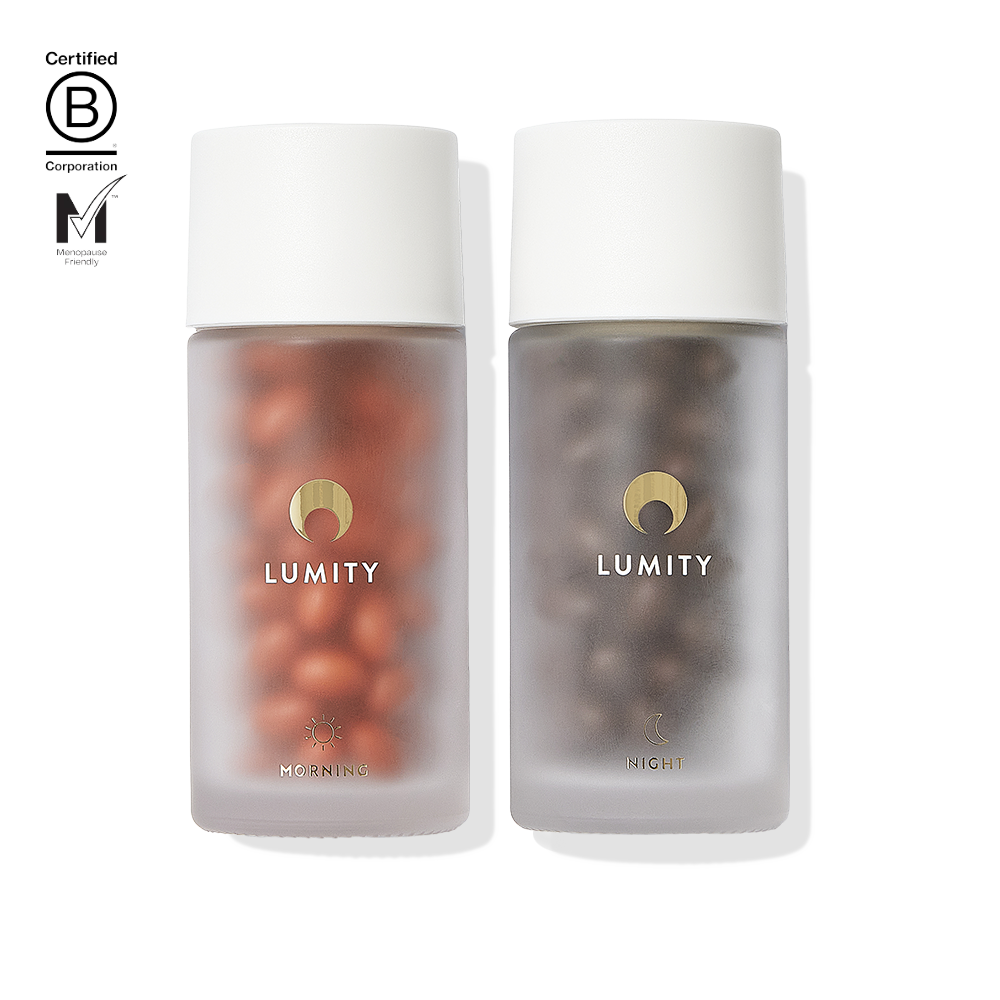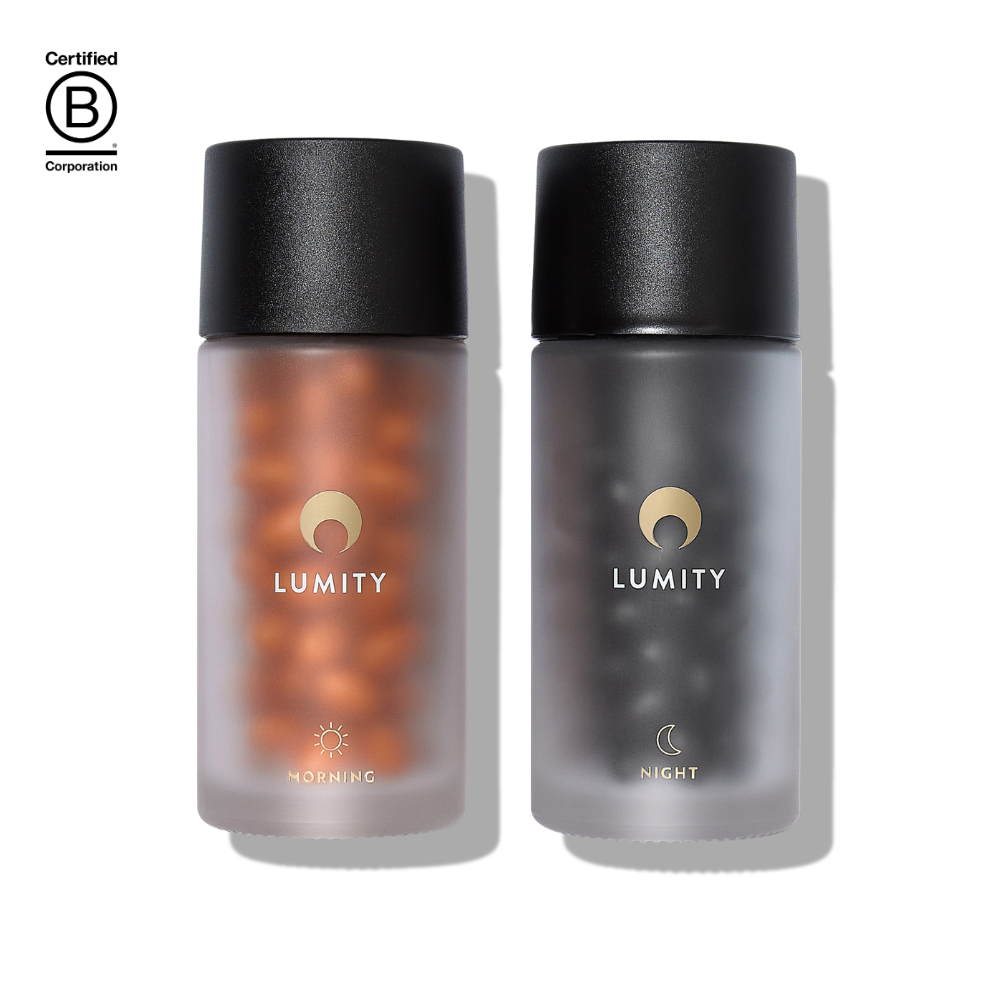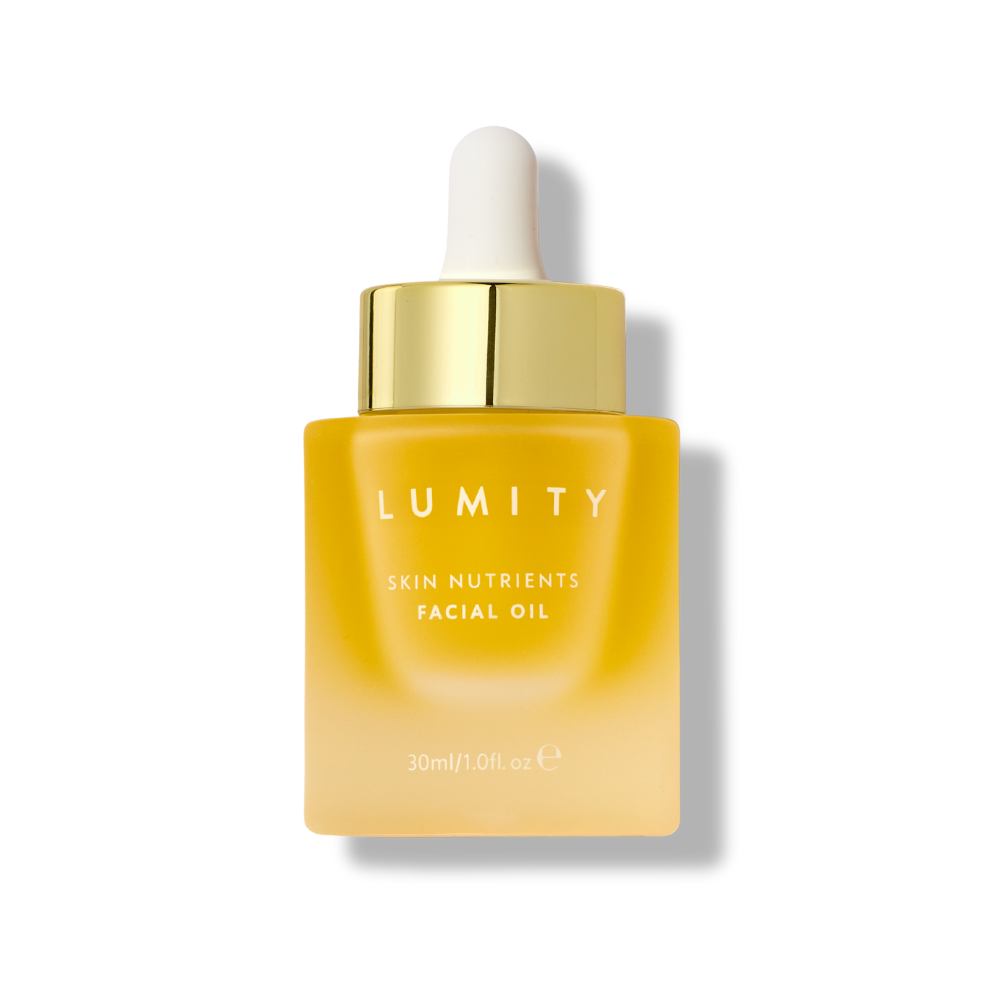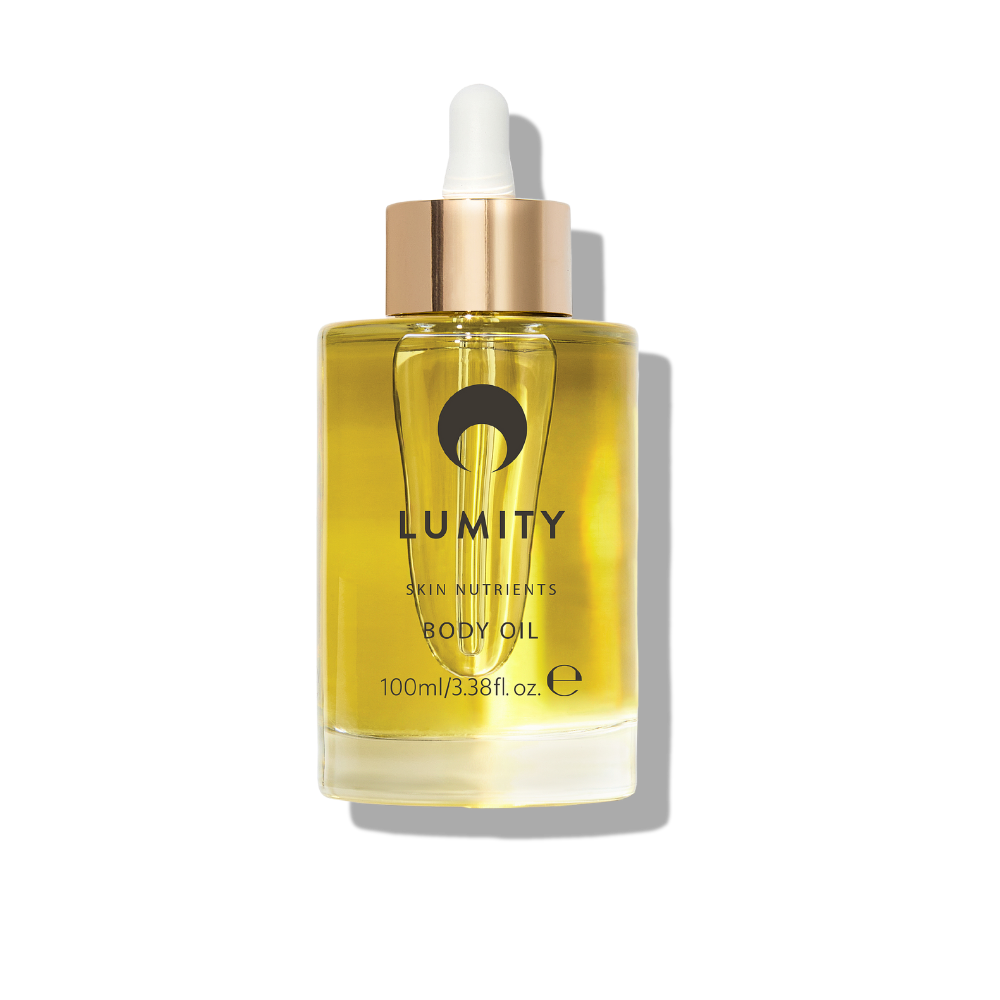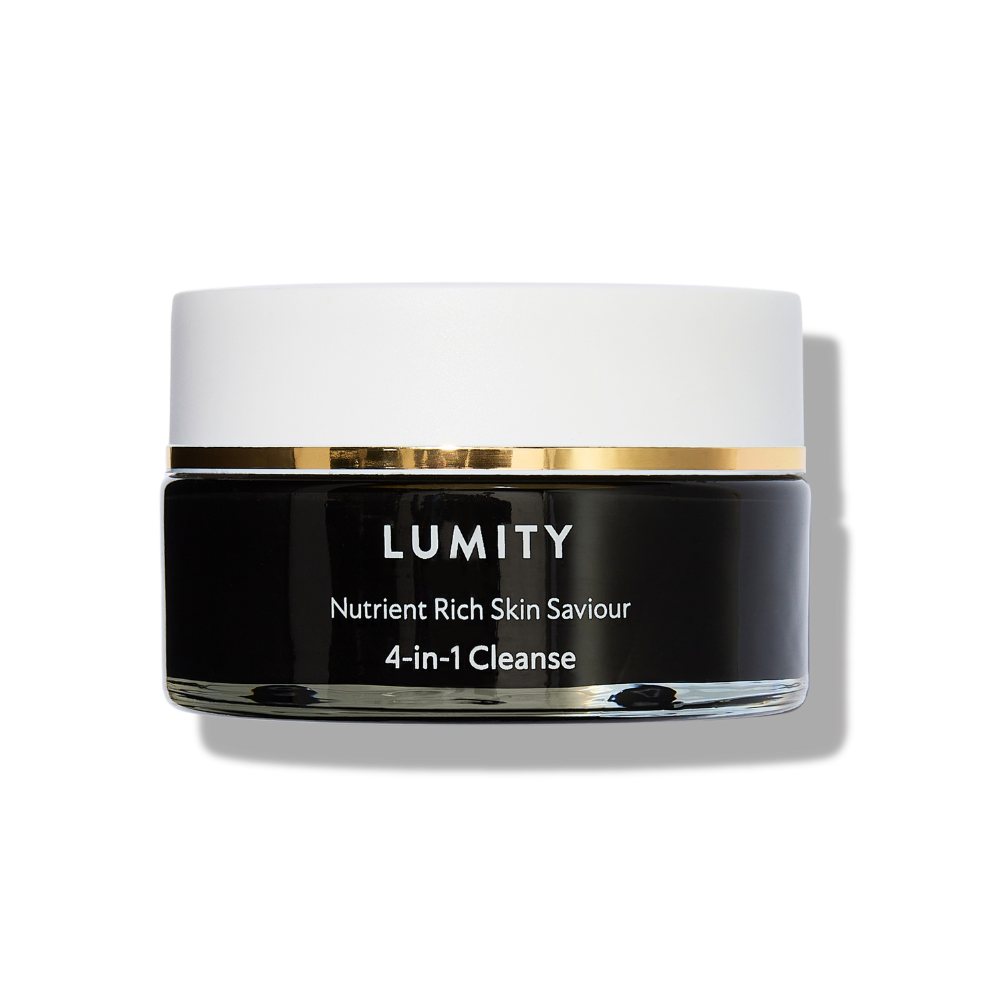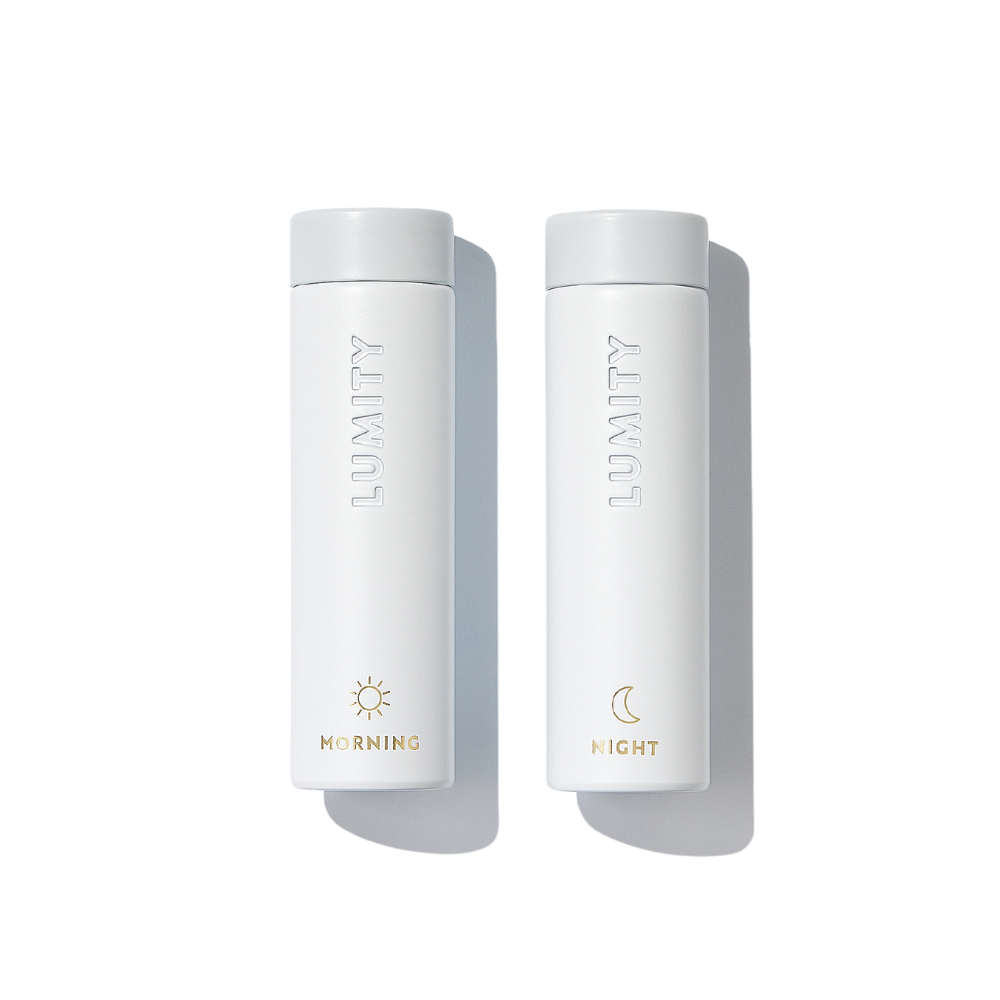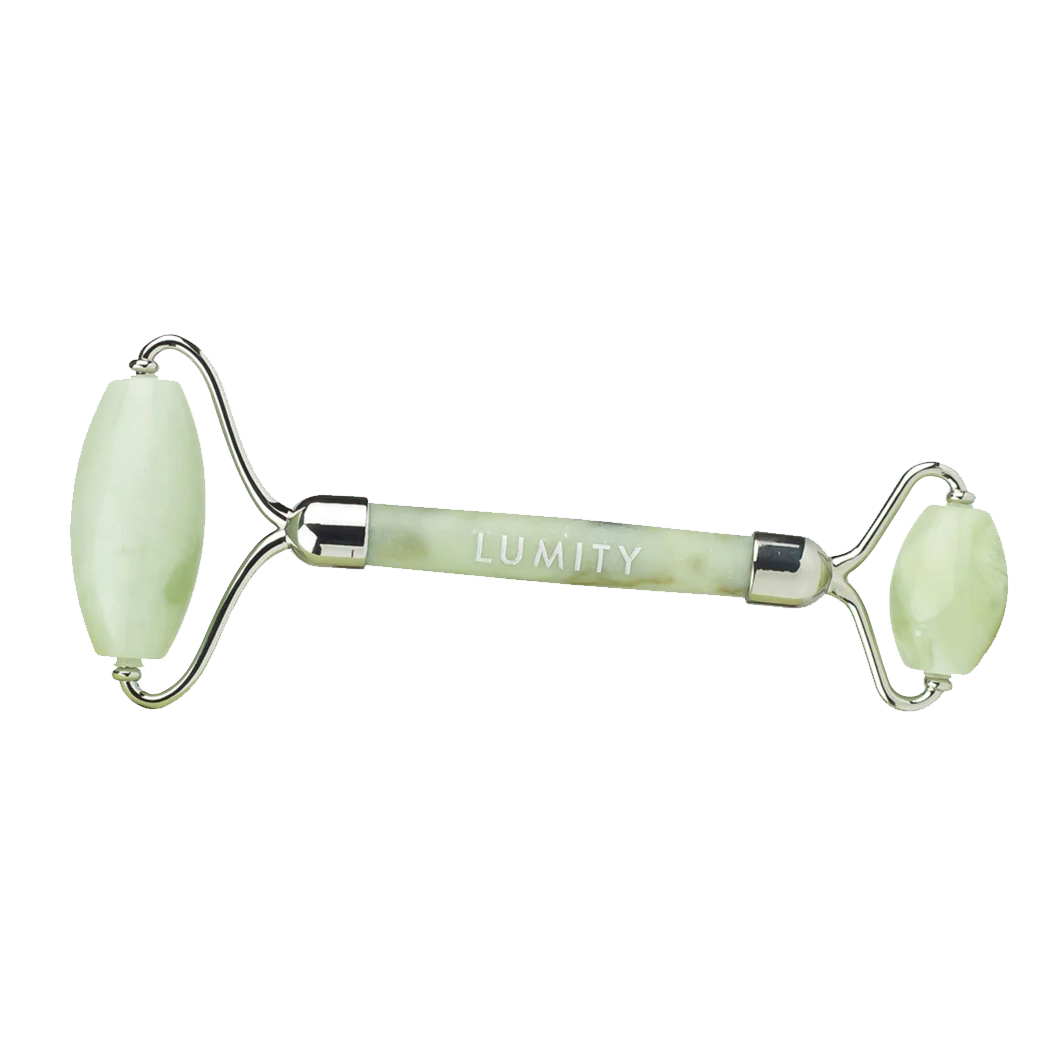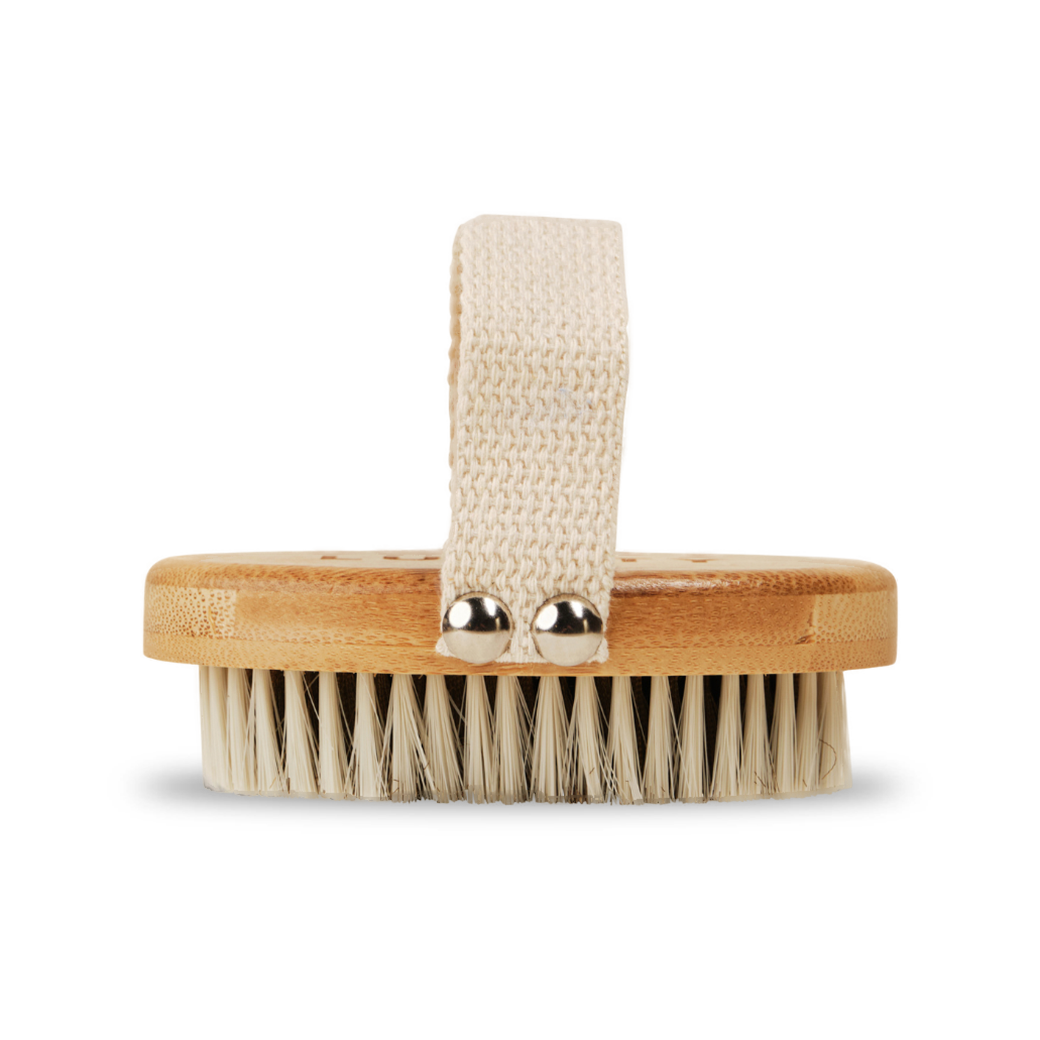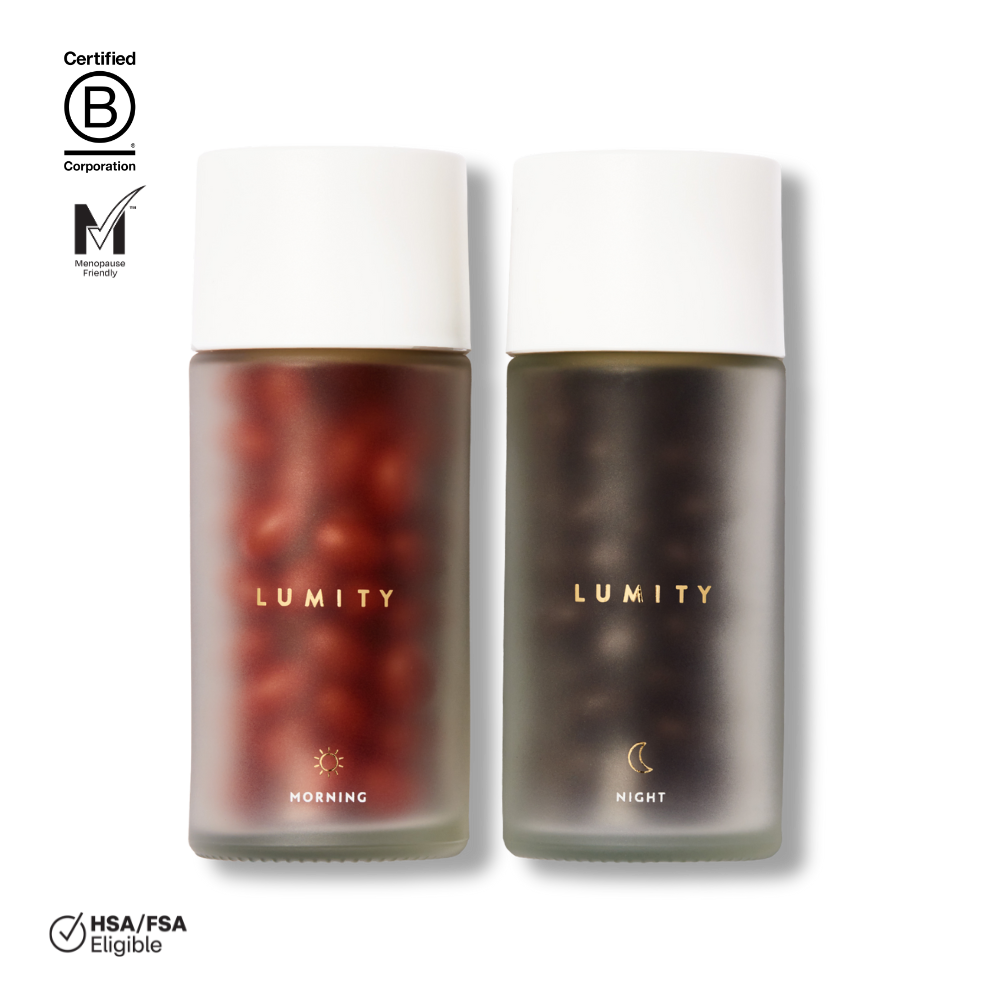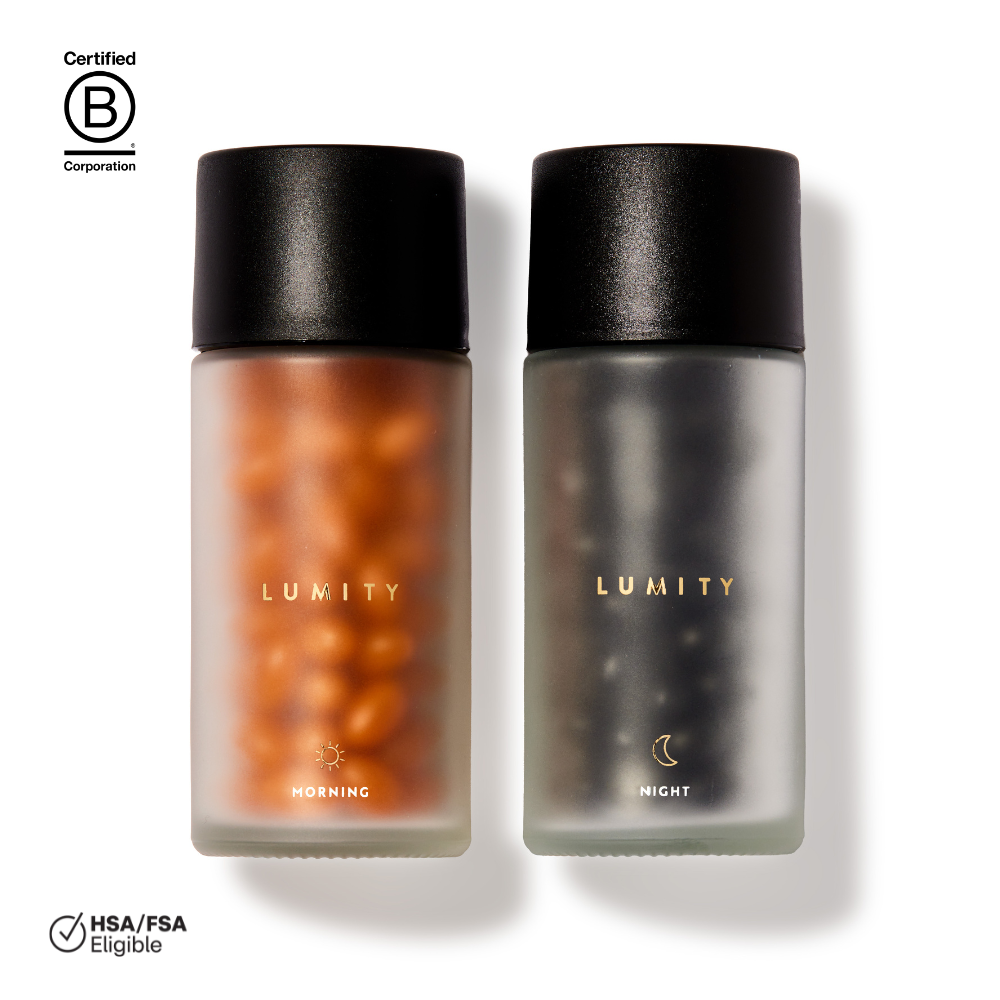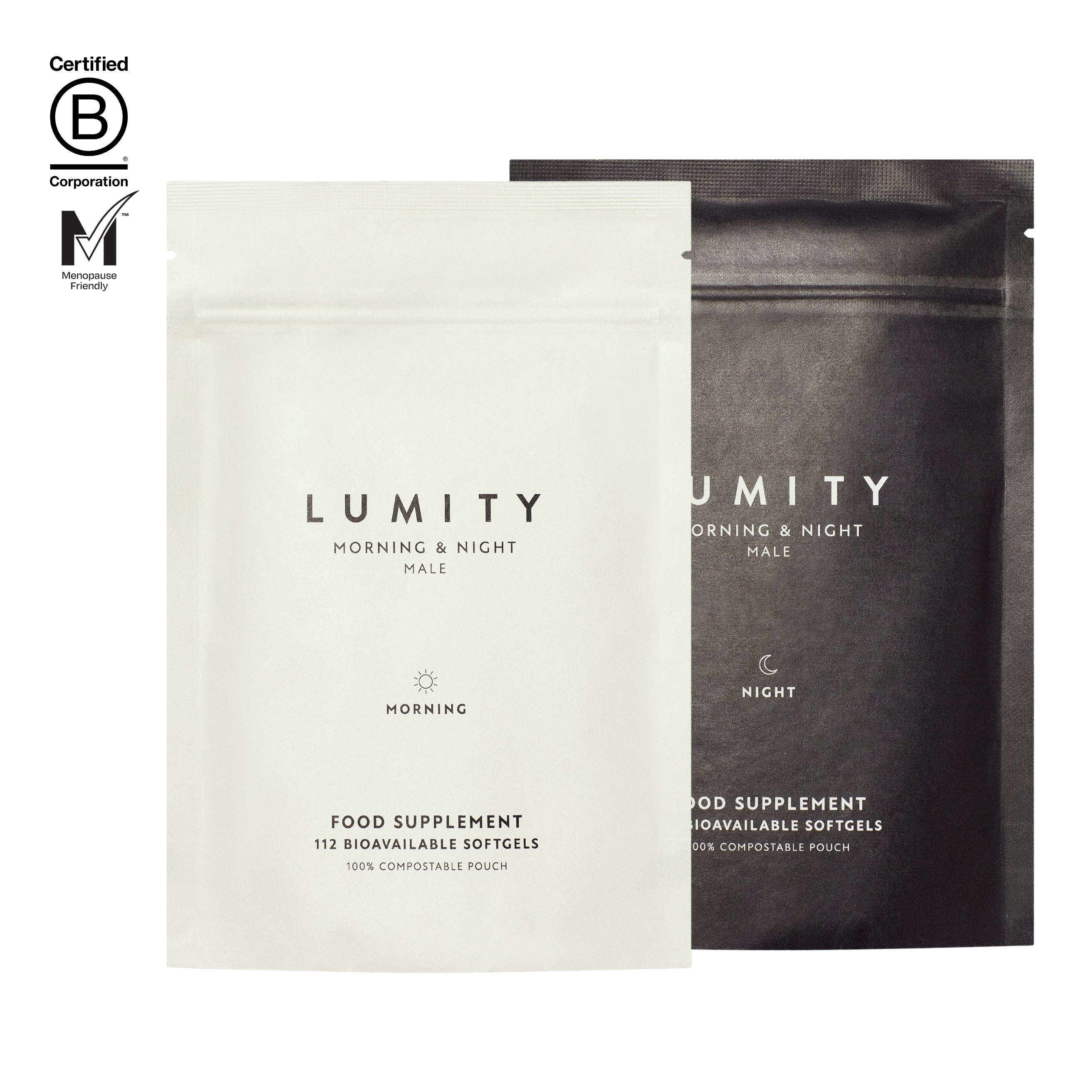18th MAY 2024
Reduce Inflammation With These Tips
Inflammation is our body’s natural and healthy response to harm, such as infection, injury or toxin, though chronic inflammation is a risk factor for a number of diseases. There are researchers who suggest elements that promote inflammation include smoking, being overweight, a sedentary lifestyle and drinking alcohol excessively.
Luckily, it’s possible to prevent and reduce unnecessary inflammation through daily nutrition and supplementation – allowing us to manage symptoms and lower our risk of disease. Let's dive into the expert advice, from food that resembles a Mediterranean diet to our clinically-tested Morning & Night supplement.
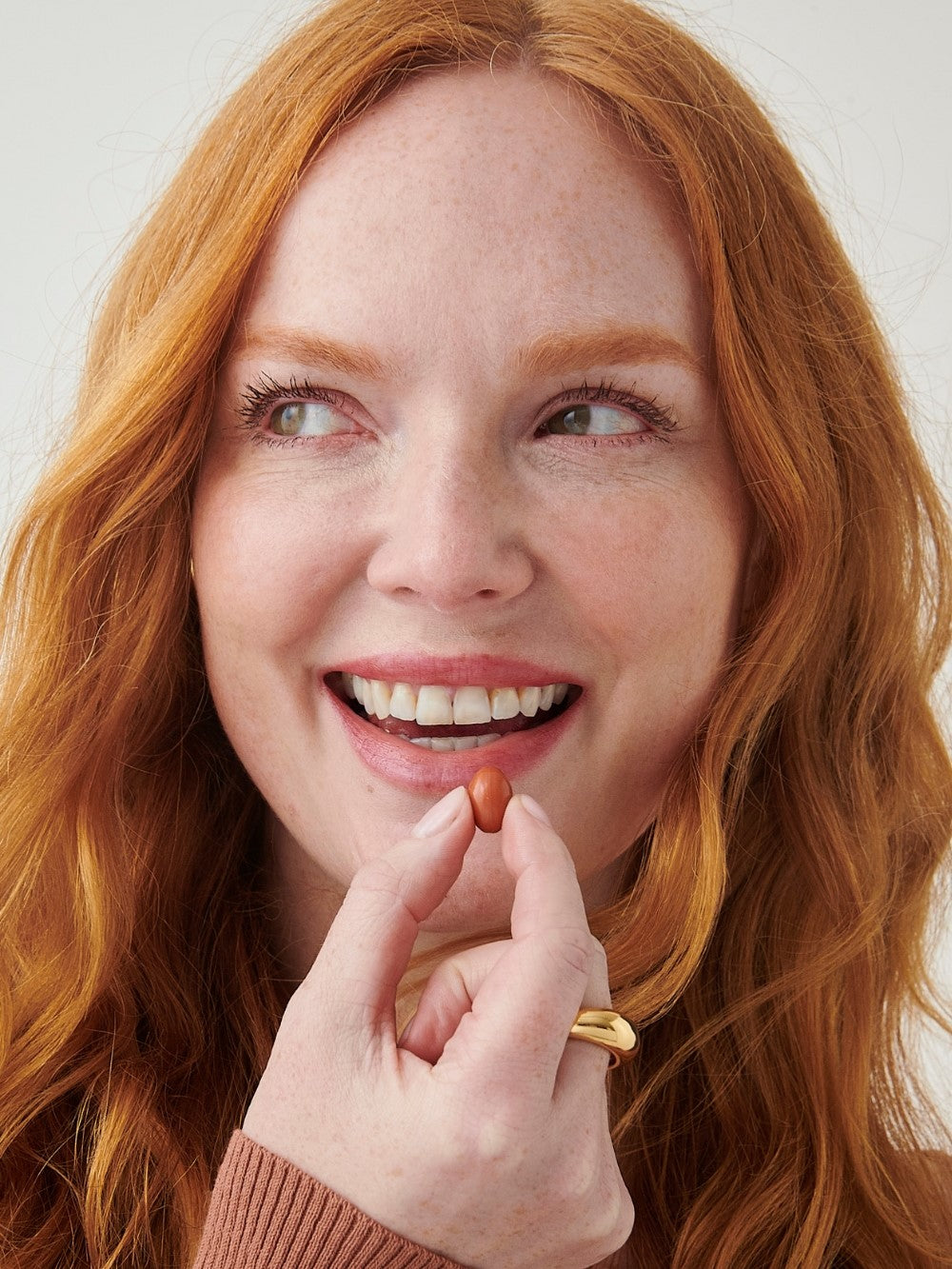
When something damages your cells, your immune system kicks in, often causing short-term symptoms. Essentially, your white blood cells gather together, protecting you against the foreign body and potential infection. As a result, the area of concern will start to swell.
It’s a critical mechanism that protects our health. However, inflammation becomes unhealthy in the event it sticks around long term.
Some researchers suggest common unhealthy daily habits can drive chronic inflammation. Factors believed to promote it include smoking, being overweight, a sedentary lifestyle and drinking alcohol excessively.
In that case, what is the anti-inflammatory diet actually for - and how is it effective in discouraging inflammation?
Not getting enough of particular nutrients and micronutrients has been linked to inflammation. Foods high in refined carbohydrates, sugar, saturated fat and trans fatty acids and low in fibre, natural antioxidants and omega 3, have also been linked to inflammation.
Some bacteria living in our gut produce anti-inflammatory properties, and by eating a varied diet with a focus on plants it's taken care of. Swap white breads, pasta and rice for wholegrain, and introduce beans, legumes and other high-fibre vegetables.
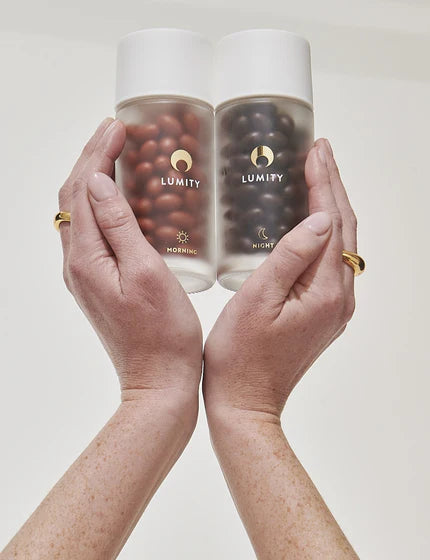
Focusing your diet on anti-inflammatory foods isn’t a set regime or extremely limiting. Lots of foods are thought to contain anti-inflammatory properties, including tomatoes, olive oil, green leafy vegetables, nuts, oily fish and fruits. Numerous spices, including black pepper, ginger and turmeric, as well as garlic, have also been linked to fighting inflammation.
On the other hand, fried foods, sugary drinks, refined carbohydrates, animal fats and processed meats promote excess inflammation and should be de-centred from your meals.
The other essential component to alleviating chronic or excess inflammation is getting nutritional assistance with effective supplementation.
Our clinically-tested Morning & Night supplement formulation is rich in omega-3s, Amino Acids and Vitamins shown to reduce inflammation. Below, an all-star list of anti-inflammatory nutrients that will aid the process...
- Flaxseed Oil - a nutrient-rich omega-3 fatty acid known to reduce joint inflammation in particular
- Turmeric - a powerful antioxidant and anti-inflammatory known to help prevent and treat neurodegenerative diseases
- N-Acetyl-L-Carnitine HCL - a remarkable antioxidant and anti-inflammatory used to treat diseases related to oxidative stress and inflammation
- L-cysteine - an ingredient known to decrease levels of inflammatory markers in the body.
If you have a medical condition or are unsure of what steps to take, we recommend you always consult your doctor or dietitian before altering your diet. Bottom line: the right supplementation, and a conscious shift in what you eat, allows us to manage symptoms and lower risk of serious disease.
Anti-Inflammatory Supplements
Blog posts

Natural Menopause Relief: The Lifestyle Changes That Actually Work
The narrative surrounding menopause has long oscillated between two extremes: endure it stoically or medicate it completely. Yet between these polarities lies a more nuanced truth that strategic li...
Read more
How to Manage Perimenopause Brain Fog Without Sacrificing Your Career
The executive presentation you're stumbling through. The client's name that vanished mid-conversation. The meeting agenda you drafted this morning but cannot, no matter how hard you try, recall. If...
Read more
The Anti-Inflammatory Diet Guide: What to Eat, What to Take and What to Avoid
Inflammation is the word on everyone’s lips in 2025 – from Goop founder, Gwyneth Paltrow to Zoe founder, Professor Tim Spector. And unlike some viral trends with limited scientific backing (think d...
Read more